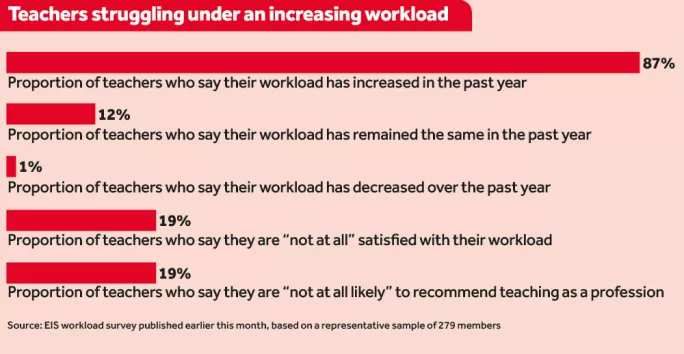Crisis in support for at-risk pupils

Scottish guidance teachers have written to the education secretary warning that pupils who are suicidal or face serious problems at home are being let down by a lack of support.
In the letter to John Swinney - shared exclusively with Tes Scotland - the Scottish Guidance Association (SGA) warns of “dire consequences” unless the workload of guidance staff in schools is addressed and “adequate support services” for pupils and their families are put in place.
The guidance teachers describe child and adolescent mental health services and social work teams as “stretched”, and say schools have increasingly come to depend on the voluntary sector for support. But they warn that “even here we are now experiencing problems with accessing support, as these resources are now stretched too far”.
Action is often not being taken by social workers until “there is overt and extreme abuse or extensive involvement with the police”, the letter says.
It adds: “It is not uncommon for a pupil to tell their guidance teacher about feeling suicidal and about serious problems at home, which may become a child protection issue. This all needs to be followed up, and the pupil needs our time.” The letter continues: “In the past, we would often have made referrals to GPs and other agencies, including social work, and they would have taken action. Increasingly, these are being passed back to school.”

But guidance teachers are being hit by heavy workloads, sometimes having to work until 3am writing reports, the letter states. Guidance teachers - who often have caseloads of around 200 pupils - are at “breaking point”, the association warns.
It asks: “How long until something important is missed, with dire consequences?”
Paperwork burden
The SGA says guidance teachers’ workloads are being hit particularly hard by policy changes like Getting it Right for Every Child (GIRFEC) and the named person scheme.
GIRFEC, which aims to support the wellbeing of young people, was developed in response to tragic child abuse cases that highlighted the need for organisations to work together more effectively. But the association - which has more than 450 members - is calling for the policy to be reviewed. Guidance staff say that, in practice, the “lead professional” role often falls to them. While they see the logic in this, they highlight the resulting paperwork burden.
The named person scheme, part of GIRFEC, aims to provide children and their families with a single point of contact. For school-age children, the point of contact will usually be a teacher. The association says the scheme, which some authorities have already started to implement, is “effectively a full-time post in itself”.
Larry Flanagan, general secretary of Scotland’s largest teaching union, the EIS, said that pastoral care staff worked the same 35-hour week as other teachers in theory - although 87 per cent of teachers overall say their workload has increased in the past year (see graphic, above).
He said: “Pastoral care teachers come at the top end of workload demands, especially if they are subject teachers [as well], because then they are subject to both kinds of pressures.” The remit of pastoral care staff was “unlimited in a sense” because it was, to a large extent, dictated by the pupils in their care, he added.
Mr Flanagan continued: “In some schools, a caseload of 200 pupils might include 20 with additional needs; in others, it might include none.”
A Scottish government spokesman said it welcomed the SGA’s feedback on how to make improvements to guidance teachers’ conditions.
A spokesman added that it was the responsibility of local authorities to determine how to distribute resources for education, but that the government was investing £88 million in the recruitment of new teachers - alleviating pressures on those currently teaching - and had recently announced £120 million of additional funding as part of the Pupil Equity Funding Scheme.
You need a Tes subscription to read this article
Subscribe now to read this article and get other subscriber-only content:
- Unlimited access to all Tes magazine content
- Exclusive subscriber-only stories
- Award-winning email newsletters
Already a subscriber? Log in
You need a subscription to read this article
Subscribe now to read this article and get other subscriber-only content, including:
- Unlimited access to all Tes magazine content
- Exclusive subscriber-only stories
- Award-winning email newsletters